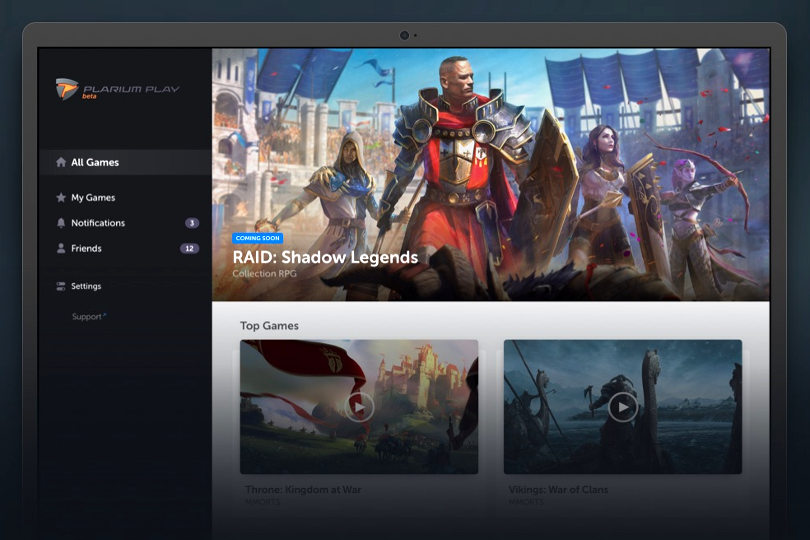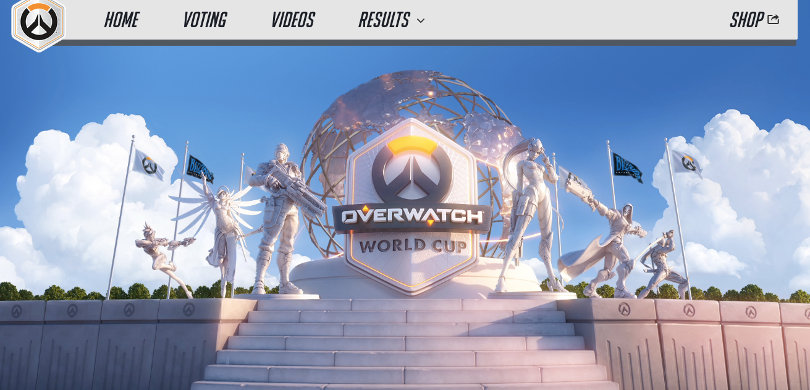The gaming industry is growing rapidly, mainly driven by the growth of Esports and PvP gaming. Both new game developers and established game publishing companies are competing with each other, leading to an exciting outlook to this industry. In this article, we’ll talk about several of the most notable gaming clients available today.
Valve Corporation first released Steam, their digital gaming client, in 2002, which allowed the platform to position itself as a market leader in the subsequent years. Steam has become the default service for many casual PC gamers, given that its game library spans thousands of titles and most of the big developers. However, Steam is not without its drawbacks.
While its diverse game library is a strength for users who aren’t necessarily sure what they are looking for, other game clients have been developed with the express intention of connecting players to their favorite game developers.

Here are three gaming clients that are on the rise to challenge the 17-year-old Steam platform by offering unique services to players.
Origin
Electronic Arts launched Origin in 2011 to challenge Steam’s supremacy, with people expecting big things from a client backed by a global business of that stature. EA is one of the wealthiest game publishers in the world, with CNBC reporting that the company anticipates revenues of $5.10 billion this year.
That affluence allows EA to exclusively launch some of their biggest titles on Origin, including the FIFA series and The Sims 4. Origin offers the definitive back catalog collection of EA games, as well as an in-game Twitch streaming capability. The client also hosts games from other developers, including Ubisoft, which indicates that Origin could one day rival Steam in terms of scale.
Plarium Play
Plarium Play is a new gaming client that brings together the developer’s diverse collection of strategy games on to one platform. Games on Plarium Play include both mobile and browser titles, while the client requires one simple login for all games. That level of convenience is ideal for gamers who have been struggling to manage both mobile and browser collections.

Games update automatically, while users are also inevitably the first to hear about Plarium’s latest releases. That includes RAID: Shadow Legends, a fantasy battle game which pits champions head-to-head in an arena and generates rankings based on its PvP mode. The Friends function on the Plarium Play client allows gamers to track their allies across all of Plarium’s titles, an incredibly useful community feature given that the number of MMOs that Plarium have produced.
Blizzard Battle.net
Battle.net actually beats Steam for longevity, with its first iteration launched in 1996 to coincide with the release of Blizzard’s Diablo. The client has since been revamped to accommodate modern gaming needs, but it remains the go-to place for those who enjoy the output of Blizzard.
That output includes Hearthstone and Overwatch, while Blizzard’s partnership with Activision brings games like Destiny 2 and Call of Duty: Black Ops 4 to Battle.net. Blizzard games have translated seamlessly into the world of eSports, so it is appropriate that Battle.net also allows players to tune into competitive matches for games such as Overwatch.

The key advantage of a gaming client curated specifically by one developer is that there is a level of quality that must be satisfied. While Steam draws praise for the size of its library, there have been suggestions that the quality of its library is consequently diluted. Giving indie developers a platform is commendable, but players need to know that they aren’t wasting time on an underdeveloped game. That is not a criticism that could be levied at the three gaming clients detailed above.







